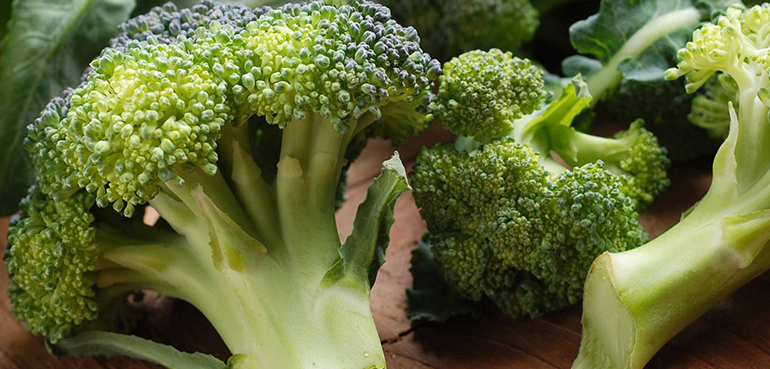Courtesy of Insider Health
Vitamin C proves to be one of those essential daily vitamins we all need, as it’s very helpful in boosting your immune system, improving the quality of your skin, and for healing wounds effectively. And while it’s true that there are many vitamin C supplements available for purchase, it’s also good to know that certain foods can help bring this vitamin to your diet easily.
To help rev up your defenses naturally this winter, we spoke to some nutritionists and dietitians about some of the best vitamin C-rich foods you can add to your daily meals. Below are some of the food choices they recommend keeping in mind if you are looking to up your intake.
Cherries also have anti-inflammatory antioxidants.
“Cherries possess anti-inflammatory antioxidants and vitamin C, which is needed for adequate collagen production,” said nutritionist Monica Auslander Moreno, MS, RD, LD/N.
Potatoes are rich in vitamin C and potassium.
“Potatoes are a rich source of vitamin C and potassium,” explained registered dietitian Summer Yule, MS, RDN. However, vitamin C is lost with prolonged storage and long cooking times, she said, so it is very important to minimize cooking time if you want to retain the vitamin C in this food.
Cauliflower is perfect for a low-carb diet.
“Cauliflower is a great option to get vitamin C in on a low-carb diet,” Yule told INSIDER. And unlike potatoes, she explained that cauliflower can be enjoyed raw, so less vitamin C is lost.
Every color of bell peppers has high vitamin C.
“Bell peppers of any color are an excellent source of vitamin C,” Yule explained. To maximize your intake of vitamin C, she suggested enjoying this vegetable raw with some black bean dip.
Eat your fruit and vegetables raw.
“Fruits and vegetables are the best sources of vitamin C,” explained registered dietitian Alena Kharlamenko, MS, RD. The vitamin C content of foods may be lost with extended storage and heating, she said, so they are best eaten raw to obtain the greatest amount of vitamin C.
Papaya is full of vitamin C.
Papaya is the leading source of vitamin C, said registered dietitian Sara De Luca, RD, CPT, as it provides 224%t of the daily value in just one medium fruit.
Most citrus fruits have lots of vitamin C.
“Some citrus fruits that are vitamin C powerhouses include oranges, grapefruits, pineapple, cantaloupe, and lemons,” De Luca told INSIDER.
Dark leafy vegetables — like broccoli — have more than your daily value.
“Dark, leafy, green vegetables such as broccoli and kale are a great source of vitamin C,” De Luca told INSIDER. One cup of broccoli alone provides 135 percent of the daily value, she said.
Kohlrabi is similar to kale and brussels sprouts.
“Kohlrabi is a type of wild cabbage that’s similar to broccoli, brussels sprouts, and kale,” explained registered dietitian Jenn Fillenworth MS, RD. It’s also a great source of vitamin C, she said, as one cup of kohlrabi contains 139% of the daily value.
Strawberries are rarely cooked, so they maintain their vitamin C content.
“One cup of sliced strawberries contains 98 milligrams of vitamin C,” Fillenworth suggested. Since strawberries are rarely cooked, you’ll definitely get all of that vitamin C, she added. Read More

